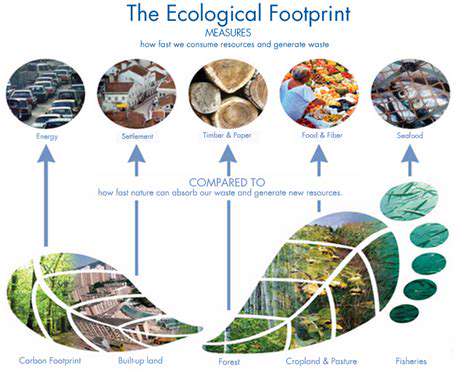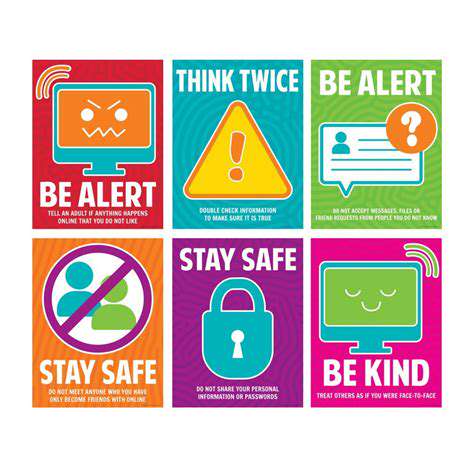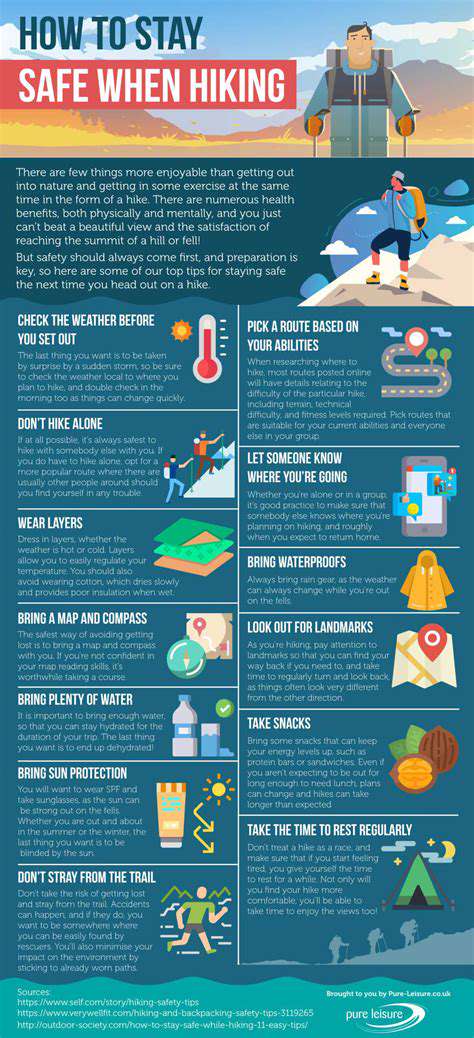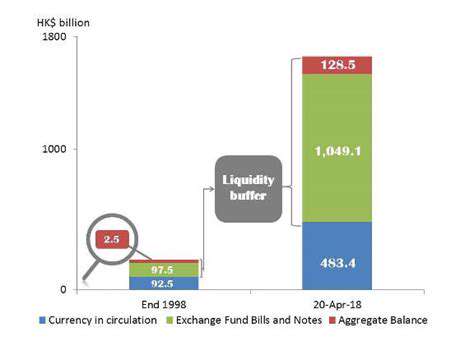Guide to Sustainable Travel Practices
Minimizing Your Environmental Footprint While Exploring the World

Reducing Consumption and Waste
Cutting down on your environmental impact starts with being mindful about what you buy. Think about how each purchase affects the planet—from the materials used to how it's packaged and shipped. Before buying something new, ask yourself if you really need it or if there's a greener option. Items that last longer and can be fixed easily help reduce trash in the long run. Simple swaps like carrying a reusable water bottle, shopping at nearby farmers' markets, and picking products with less packaging can make a real difference.
Managing waste properly is just as important. Recycling, composting, and safely getting rid of dangerous materials all help keep the environment clean. Learn the recycling rules where you live and follow them—it's an easy way to do your part. Cutting down on food waste by planning meals, storing food correctly, and finding new ways to use leftovers also helps conserve resources.
Sustainable Practices in Daily Life
Living sustainably isn't just about buying less—it's also about using resources wisely. Small changes like taking quicker showers, fixing drippy faucets, and using appliances that save energy can really add up. If you have the option, switching to renewable energy sources like solar or wind power is a great way to shrink your carbon footprint.
How you get around matters too. Walking, biking, or taking public transit instead of driving cuts down on pollution. Sharing rides with others or using carpool apps helps too. Even little adjustments to your routine can make a big impact when lots of people do them.
Supporting businesses that care about the environment is another smart move. When you spend money at eco-friendly companies, you're voting with your wallet for greener practices. Your everyday choices—no matter how small—can help protect the planet.
Living more sustainably is really about making thoughtful decisions that are kinder to the earth. Each change you make, whether it's buying less or saving energy, helps create a healthier world for future generations.
Take time to think about where products come from and where they'll end up—this awareness helps you make choices that are better for the environment. Understanding these connections is what makes sustainable living possible.
Ethical Consumption and Waste Reduction
Ethical Sourcing of Travel Goods
Picking travel items made the right way helps protect the planet. Look for gear made from recycled materials or natural fibers. Check if companies treat their workers fairly and pay decent wages. When you support ethical brands, you're helping build a travel industry that's better for both people and the environment.
Choose products with less packaging and go for reusable options when you can. These decisions show you're serious about cutting waste. Starting your trip with these mindful choices sets you up for more sustainable travel from beginning to end.
Waste Reduction Strategies for Travelers
You can cut down on trash while traveling with some simple tricks. Pack a reusable water bottle, coffee cup, and shopping bags to avoid plastic waste. Bring containers for snacks and meals to skip disposable packaging. Look for places where you can refill shampoo bottles and other toiletries. These easy steps make a big difference in reducing waste.
Stay at hotels that work to reduce waste. Look for places that compost, save water, and handle trash responsibly. When you support these businesses, you're helping make tourism more sustainable. Pay attention to how much you're using and throwing away each day.
Responsible Food Choices on the Road
Eating thoughtfully while traveling is key to being eco-friendly. Choose local, in-season foods when possible. Pick restaurants that use sustainable practices, and try to eat less meat—especially beef, which has a bigger environmental cost. Buying from local farmers helps support sustainable agriculture and reduces the carbon footprint of your meals.
Think about how far your food traveled to reach you. Local ingredients don't need to be shipped as far, which means less pollution. To avoid wasting food, plan your meals and save leftovers for later.
Minimizing Water Usage During Travel
Saving water is especially important in places where it's scarce. Take quick showers, turn off the tap while brushing your teeth, and stay at places that use water-saving devices. Choosing hotels that conserve water helps protect this precious resource. Being careful with water makes your travels more sustainable, particularly in dry regions.
Transportation Choices and Their Impact
How you get around affects your carbon footprint. Use buses, trains, bikes, or walk when you can. Trains are usually better than planes for the environment. Some airlines let you pay extra to offset your flight's pollution. Making smart transportation choices helps keep your travels green.
Eco-Friendly Accommodation Options
Picking green places to stay is a direct way to help the planet. Look for hotels that save energy and water and reduce waste. Choose spots that make sustainability a priority. When you stay at eco-conscious places, you're supporting businesses that care about the environment.
Think about how your hotel affects the area around it. Picking accommodations that work to protect nature helps promote sustainable tourism and supports local communities.











